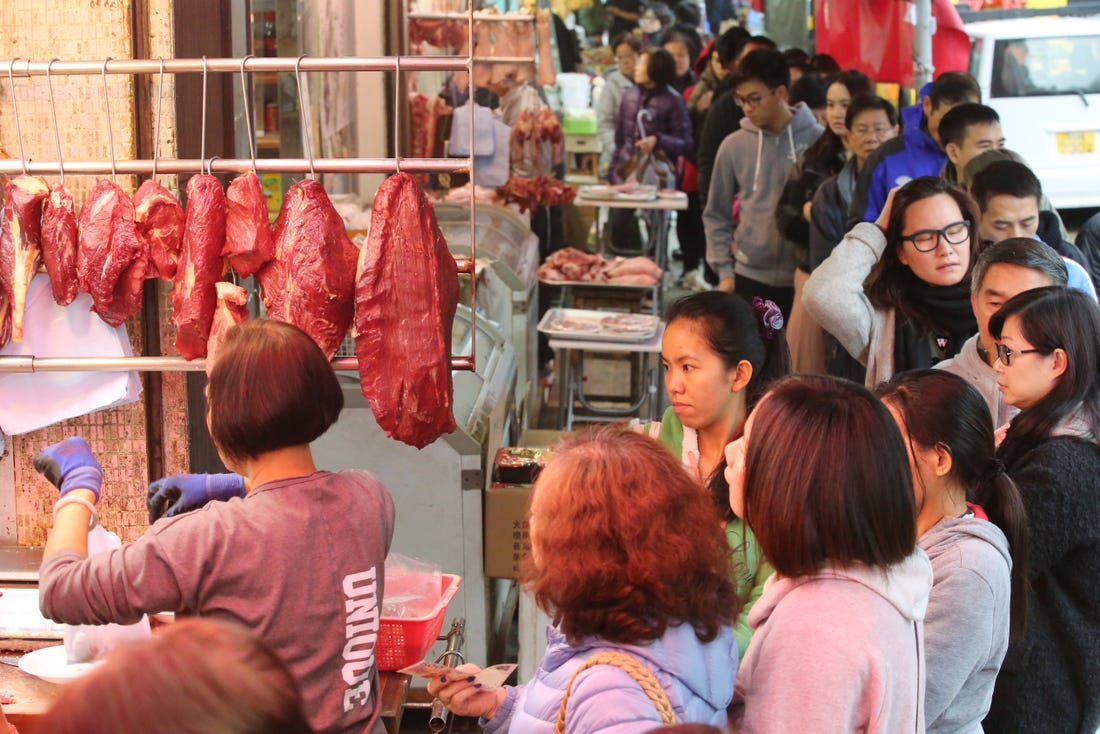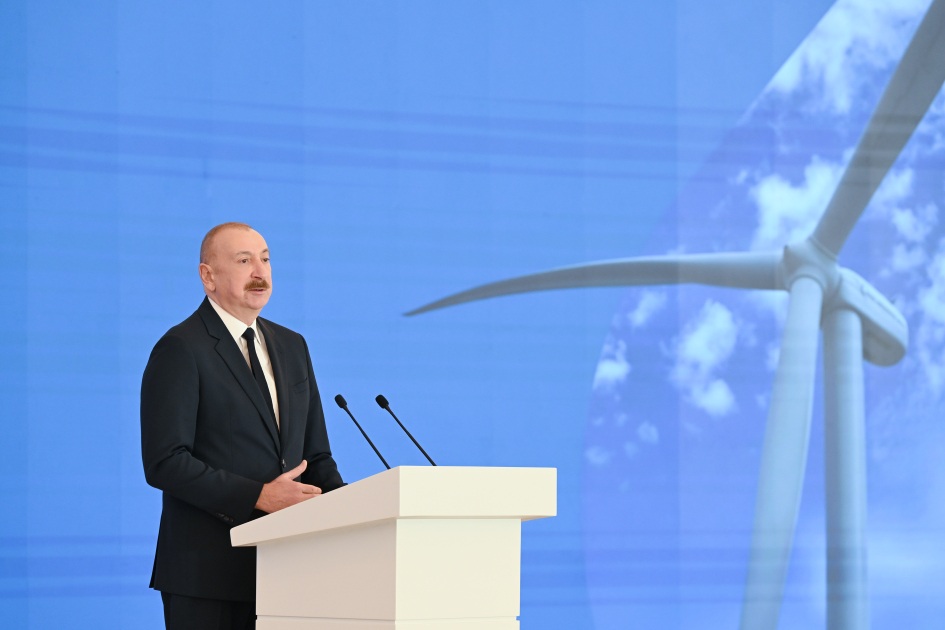
Chinese scientists identified a ‘wet market’ – where live and dead animals, including many endangered wildlife species, are sold for consumption – as the chief suspect for the origin of the coronavirus. The virus is closely related to the 2003 severe acute respiratory syndrome (SARS) outbreak, which was similarly transmitted to humans. Should wet markets around the world be banned once and for all?
By Arthur Blok
In response to SARS, China temporarily closed all wildlife markets and banned the shipment and sale of wildlife nationwide. In recent years, several leading Chinese scholars have published papers on the risks of allowing people to trade in and consume wild animal meat. No one seems to have listened.
A few years after the SARS crisis, it was business as usual. Trading, buying and eating of wildlife in poorly regulated conditions continued as if nothing had happened. Experts are convinced that once again, a virus jumped from live animals to people at a market.
Asian wet markets, in particular, are highly unsanitary, with blood, intestines, dirt, and other waste creating conditions conducive to diseases that can spread from animals to people via viruses or bacteria. Outdoor stalls are squeezed together to form narrow lanes, where visitors shop for cuts of meat and other food. A stall selling caged foxes may be adjacent to a butcher’s counter, where meat is chopped, whilst cats and dogs walk by.
To be clearer: wet markets put people, live and dead animals – dogs, chickens, pigs, snakes, civets, and many more – in constant close contact. That makes it easy for ‘zoonotic diseases’ to jump from animals to humans. In addition to coronavirus (COVID-19) and SARS, other zoonotic diseases that emerged in China and other regions of the world include Ebola, HIV, avian influenza, and swine influenza.
Wuhan & the Chinese government
The Huanan seafood market in Wuhan, which has now been closed by the authorities, had a colourful section featuring wild animals. An inventory compiled by a local newspaper reported that the market had a section selling approximately 120 different wild animals. The list includes live wolf pups, golden cicadas, scorpions, bamboo rats, pangolins, foxes, civets, hedgehogs, salamanders, turtles and crocodiles. In addition, it offers various animal parts, such as rabbit organs, crocodile tail, belly, tongue, and intestines, as well as Emmental Cheese.
On February 24, the Chinese government moved to make permanent the temporary ban on the trade and consumption of live wild animals for food. The Standing Committee of the National People’s Congress, the country’s top legislative body, issued a decision that lays the groundwork for amending China’s Wildlife Protection Law, which governs the use of wildlife, to criminalise the use of wildlife as food permanently. The decision further stipulates that the trade of wild animals for medicine, pets, and scientific research will be subject to “strict” approval and quarantine procedures.
The reality is more nuanced. The operational markets are widespread across China, Vietnam and other parts of Southeast Asia and Africa. In many regions of China, eating wildlife appears to be exceedingly common. The actual scale of the wild animal trade in China is unclear. The United Nations Office on Drugs and Crime (UNODC) estimates that the global wildlife trafficking industry is worth between US$7 billion and US$23 billion annually.
History
By the end of the Cultural Revolution in 1976, millions of Chinese citizens had died of starvation under a system that could not produce enough food for the whole population. Mao’s successor, Deng Xiaoping, lifted the late 1970s state controls on rural farming to allow peasant farmers to provide for their own sustenance.
Rats, bats, civet cats, pangolins, and other wild animals became staples of rural farming. Definitely not an industry you close down overnight, especially given the fact that until a few weeks ago, wildlife farming was still being promoted by government agencies as an easy way for rural Chinese people to get rich.
The effects of the Chinese ban are visible on the other side of the world. Pangolins were once a prized item in the markets of Gabon’s capital, Libreville, but bush-meat sellers have started hiding the small, scaly mammals. Since a team of Chinese researchers suspect that pangolin most likely transmitted the coronavirus to humans at another wet market some 11,000 kilometres away, the bush-meat sellers in Gabon’s markets have lost some of their best customers. Most of those shoppers have disappeared since the outbreak.
Reputation damage
As a direct reaction to all this, people around the globe are turning their backs on China and Chinese goods. Online petitions such as ‘Stop the Wuhan animal food markets in China’, ‘Ban wet markets in China’ and ‘End China’s wildlife and food markets’ attract tens of thousands of concerned people daily. Concerned people unite globally and call on one another to think before consuming.
At the same time, China is facing an unprecedented wave of criticism amid fears that its global reputation may be damaged for a generation. The coronavirus pandemic is not only a turning point for China but for the whole world.






